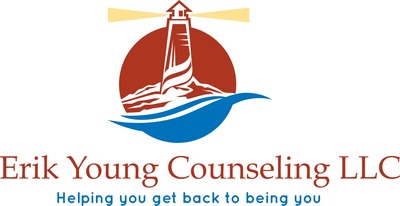This last lesson is one that is very familiar to those of you who have personally worked with me. It came from a very difficult and dark time in my life. I was miserable. I realized that if I didn’t do something to inject some positivity in my life that some bad things were bound to happen. Furthermore, no one wants to work with a miserable and depressed therapist. After much research, soul searching, and personal therapy, I figured this out:
Lesson #4: Happiness is a Skill, Practice it
We often confuse skills and traits. A trait is something that a person has that either is or isn’t. Eye color, height, and the like are examples of traits. Conversely, any quality of a person that can be changed or altered with effort and practice is a skill.
We often attribute traits to things that are skills. Happiness is one of those things. We say that so and so is a happy person or a not happy person like happiness is a something that is or isn’t. Happiness is something that we have and that we can grow and cultivate. It is an endeavor that is worth investing time in I assure you.
Happiness practice is important. We humans are wired for negativity. When something nice happens, we tend to enjoy and reflect on it for about 30 seconds or so. When something negative happens, we can dwell on it for hours, day or even weeks. The result is that the neurons in our brain associated with negative thinking tend to get more of a workout than the neurons associated with positive thoughts. Practicing happiness is a way to give the positive neurons more of a workout and make them stronger. It’s a way to balance our thinking.
How can we practice happiness? Here are a few simple things to try:
- Start a happiness journal. Get a notebook. Once or twice a day, stop and reflect on your day to that point. Pick out something positive that happened and write down what, when, where, who and why of what happened. This should take about 5 minutes. The positive events don’t have to be big events (I once journaled about buying a fancy cup of coffee when it was cold out and how good the warm cup felt and how nice it smelled). If you can’t think of something positive that day, reread the journal and reflect on past positive events.
- Set an intention to smile more that day. Smiling is associated with happiness and the physical act of happiness will stimulate and connect with the pats of your brain associated with happiness. Smiling purposefully, even if you don’t feel happy, can make you feel happier over time.
- Give up self-criticism and self-judgement. Instead of calling yourself names or putting yourself down, rather, be your own best cheerleader. Talk yourself up. Focus on things you are doing (as opposed to not doing) and give yourself credit for those positive things you are doing.
- Take time out to play. Have fun.
- Watch a funny movie.
There are many more ways to practice happiness. The only limit is your imagination.
I hope you found this article helpful. Please share this with everyone you know. Spread the positivity!
If you would like to work with me on practicing happiness and reducing stress, then call 484-693-0582 or go to www.erikyoungcounseling.com to schedule a consultation.
Find part one of this series here.
Find part two of this series here.
Find part three of this series here.
©Erik Young, M.Ed., LPC










Follow Us!